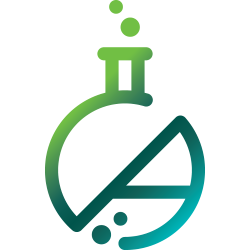Our evaluation of a certain experience can be heavily influenced by things that actually have nothing to do with it. For example, if we happen to be very thirsty when we sample a new beverage, we may later remember it as being far better than it actually was.
It’s called attribution bias. And if left unexamined, it can lead us to make choices or decisions that are not based on our actual goals and values.
As with so many other things, correcting for attribution bias starts with becoming aware of its existence.
Takeaways
- Our response to an idea or judgment of an experience may have as much to do with the context in which we encounter it than the thing itself.
- Attribution bias may lead us to decisions or choices that don’t actually represent our true desires or values.
- Considering how the same experience would feel in a different context is a way of checking or correcting for attribution bias.
- It’s impossible to completely rid ourselves of attribution bias–but being aware that it exists can mitigate its power and allow us to make more accurate judgements and better decisions.
